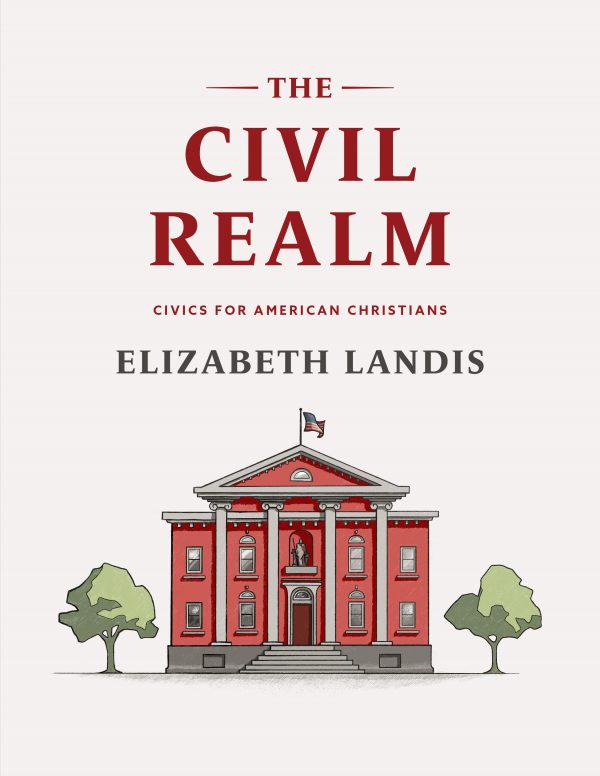

By Elizabeth Landis, Foreword by Miles Smith IV
As American Christians, we have a rich political inheritance and a strong desire to act. Yet our action is stunted by reactionary politics and a lack of understanding of the systems which govern us. It is time for a practical manual on American government written specifically for Christians.
In The Forgotten Realm, Elizabeth Landis explains the often ignored structures of government that the average citizen interacts with every day. Starting with the city and working outward to the county, special districts, state, and nation, Landis inverts the way many Americans think about politics and their role as citizens. By looking at these structures and learning them well, American Christians will not only become more informed citizens but also more engaged citizens, able to bring the gospel of Christ into an often unreached space. By faithfully pursuing civics, American Christians can ensure that the “forgotten realm” does not stay forgotten for long.
About the Author

Elizabeth Landis graduated from The Ohio State University with a master’s degree in French. She and her husband Greg have five children whom they have homeschooled K-12. In 2016, a local issue pulled her into the civil realm, and she has been uncovering the forgotten realm ever since. She currently works as assistant to the president at New Saint Andrews College where she founded the college’s civics club in 2020.
Who is this book for?
For students.
This book forms the core of a semester-length civics course at the high school or college level. As a practical manual, there is plenty to do in and out of the classroom.
For citizens.
This book is a practical manual for the citizen who wants to understand how the governmental structures all around them works. It will demystify what occurs in their own town, county, and state.
For clergymen.
When America was founded, there was a company of pastors known as the “Black Regiment.” These pastors, wearing the black Genevan gowns of clergymen of the time, were leaders as well as shepherds. While the civil realm is distinct from the ecclesiastical realm, they are both under the Lordship of Jesus Christ, and clergymen are essential in leading, instructing, and encouraging their flocks in the affairs of the civil realm.
For Christians.
Finally, this book is for Christians. It is not that a non-Christian cannot greatly benefit, but this book presupposes a Christian audience. John Adams said, “Our constitution was made only for a moral and religious people. It is wholly inadequate to the government of any other.” The non-Christian is warmly invited to come along, and it is our sincere hope that the end result would be an understanding that there is no true freedom apart from the freedom found in Jesus Christ.

